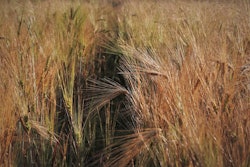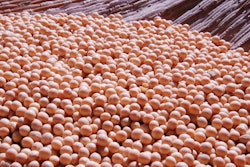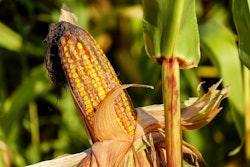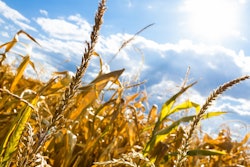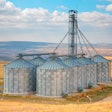
Hurricane Ida Hits The Delta
Hurricane Ida was a dangerous Category 4 hurricane and is slowing its forward progress across SE Louisiana/Mississippi producing 9 to 14 inches of rain
Not many crops are produced in southeastern Louisiana where the strongest wind, greatest storm surge and heaviest rain is expected
Damage to crops farther north will likely be greatest in Mississippi and perhaps a few extreme northeastern Louisiana production areas
Corn in the lower Delta has been mostly harvested. Corn in the northeastern part of the Delta could be lodged, but wind speeds are expected to be low enough to restrict damaged
Soybeans may be damaged in low-lying areas where flood water will be a problem
Cotton lodging is possible in southern most production areas, and cotton could be strung out of bolls, but bolls that are open are not fully open
FBN’sTake OnWhat It Means:Remnants of Ida will bring heavy rain to parts of Tennessee, southeastern Kentucky, the southern Appalachian Mountains and a few interior southeastern US locations, but crop damage is less likely in those areas and rainfall may be beneficial for areas that were mostly missed last week.

Statistics Canada Issues Initial Production Outlook
Wheat production is seen at 22.9 million tonnes, down from 35.2 million last year or 35%
Of the total wheat, durum production is seen at a slim 4 million tonnes, down from 6.6 million last year
Spring wheat production is forecast at 16 million tonnes or a cut of 38% versus a year ago
Barley production is forecast at 7.8 million tonnes, down nearly three million versus 2020’s harvest
Canola production is forecast at 14.7 million tonnes, down from 19.5 million last year and 19.9 million in 2019
Pea production is seen at 2.6 million tonnes versus 4.6 million last year
Lentil production is forecast at 2.0 million tonnes versus 2.9 million a year ago
Oat production is forecast at 3.1 million tonnes, down 33% versus 2020
Soybean production is forecast at 5.8 million tonnes, down 8% from last year
FBN’sTake OnWhat It Means:Production totals came in near the average market expectation for several crops. The report had no big surprises, but did underscore the tight production situation we are facing this crop year. The report was not necessarily bullish or bearish but again, is further confirmation of the small harvests we have this year.
FBN Market Advisoryservices are offered by FBN BR LLC, dba FBN Brokerage, FBN BR and FBN Market Advisory (NFA ID: 0508695)
The risk of trading futures and options can be substantial and may not be suitable for all investors. Past performance is not necessarily indicative of future results.
This is not an offer or solicitation in any jurisdiction where we are not authorized to do business or where such offer or solicitation would be contrary to the local laws and regulations of that jurisdiction, including, but not limited to, persons residing in Australia and Canada.






